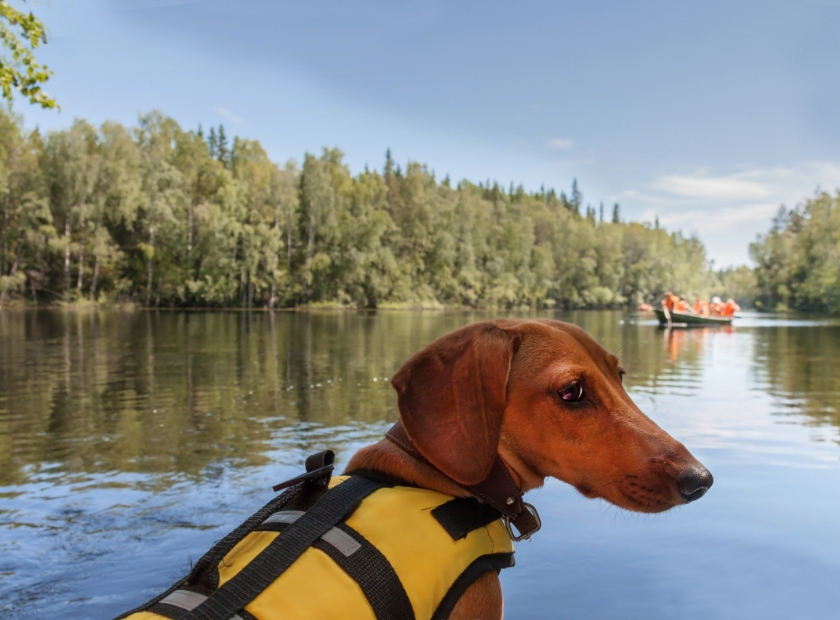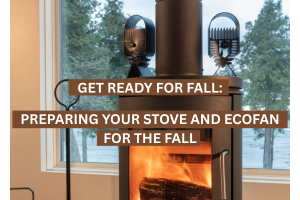Six Safety Tips to Prevent Boating Risks

Every boater should understand the risks involved when they get out on the water. In addition to keeping up to date on the latest safety regulations, it’s important to be well prepared for an emergency before embarkation, both for yourself and the passengers that you’re responsible for. Situations are variable and accidents often come as a surprise, but statistics from 2017 showed that the main cause of injury and death were preventable recreational boating accidents, according to the U.S. Coast Guard.
Operator negligence claimed the top contributing factor of accidents, with a reported 2,480 incidences in 2017. Now compare that with the unwieldy hand of Mother Nature, factoring environment and weather inducing hazards, and the number of accidents drops to just one quarter of that, with a total of 622 accidents reported that year. What we should take from this, is how critical it is to take every step and precaution to prevent human error, while at the same time, regularly reference safety checklists such as this one to make sure nothing avoidable is missed.
The following Safety Tips and more can be found in Transport Canada’s Safe Boating Guide:
1. Inspect your Boat – Ensure you have enough gas, and your motor and radio communication equipment are in good working order.
2. Monitor the Weather – Marine forecasts can provide up-to-date information on wind speed and direction, weather and visibility.
3. File a Float Plan – This will detail a description of your boat and the route you plan to take. Give your float plan to a trustworthy person that can notify authorities if you don’t return to land when planned.
4. Check Safety Equipment – Confirm that all safety equipment is sufficient and in good working order (including life jackets and other personal life saving appliances, visual signals, vessel safety equipment, navigation equipment, and firefighting equipment).
5. Carry Official Nautical Charts – This will help you plot your course and avoid potential hazards.
6. Request a Safety Check of your Pleasure Craft – Many boating safety organizations offer free checks to identify problems or inspect your safety equipment before you hit the open water.






